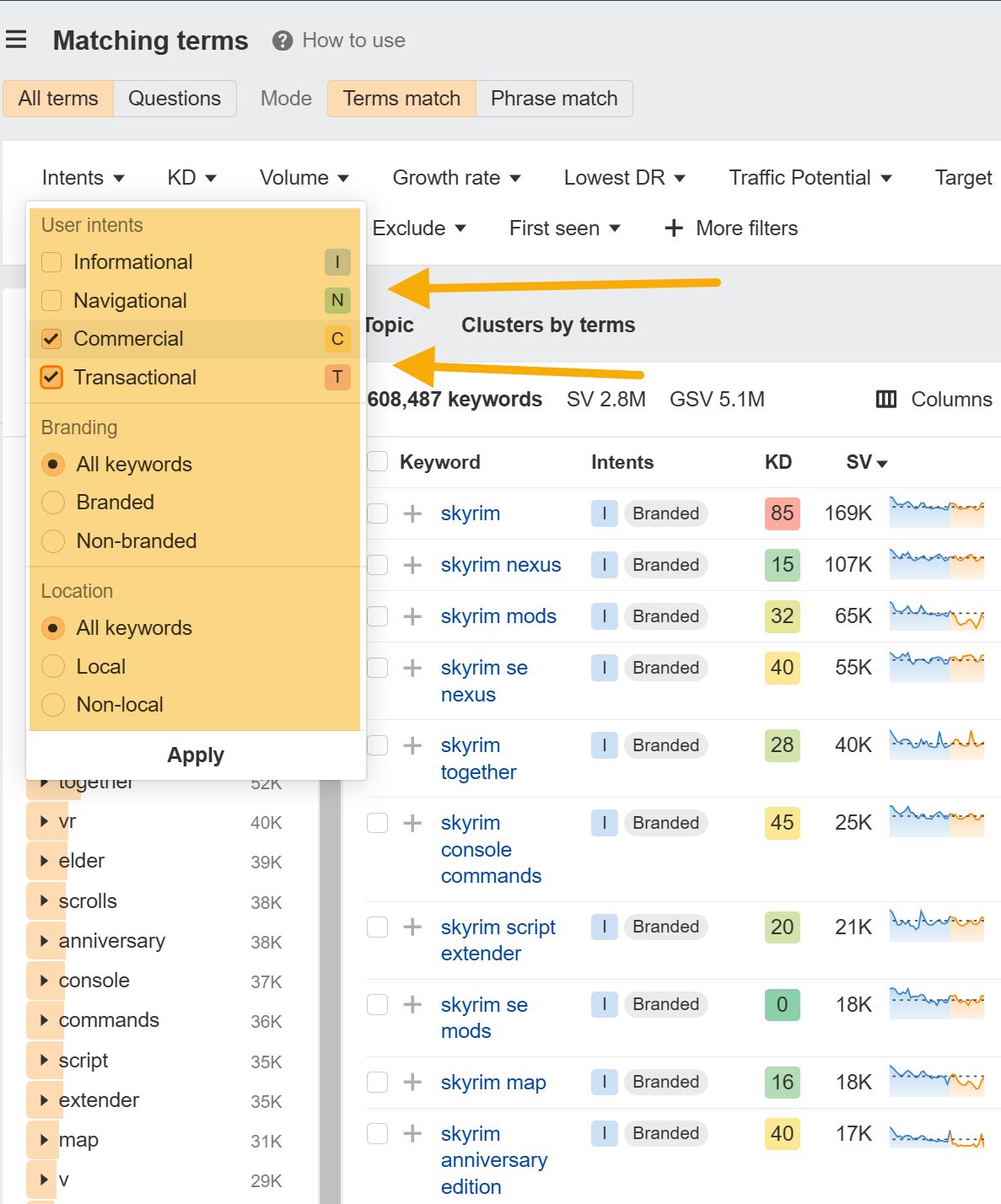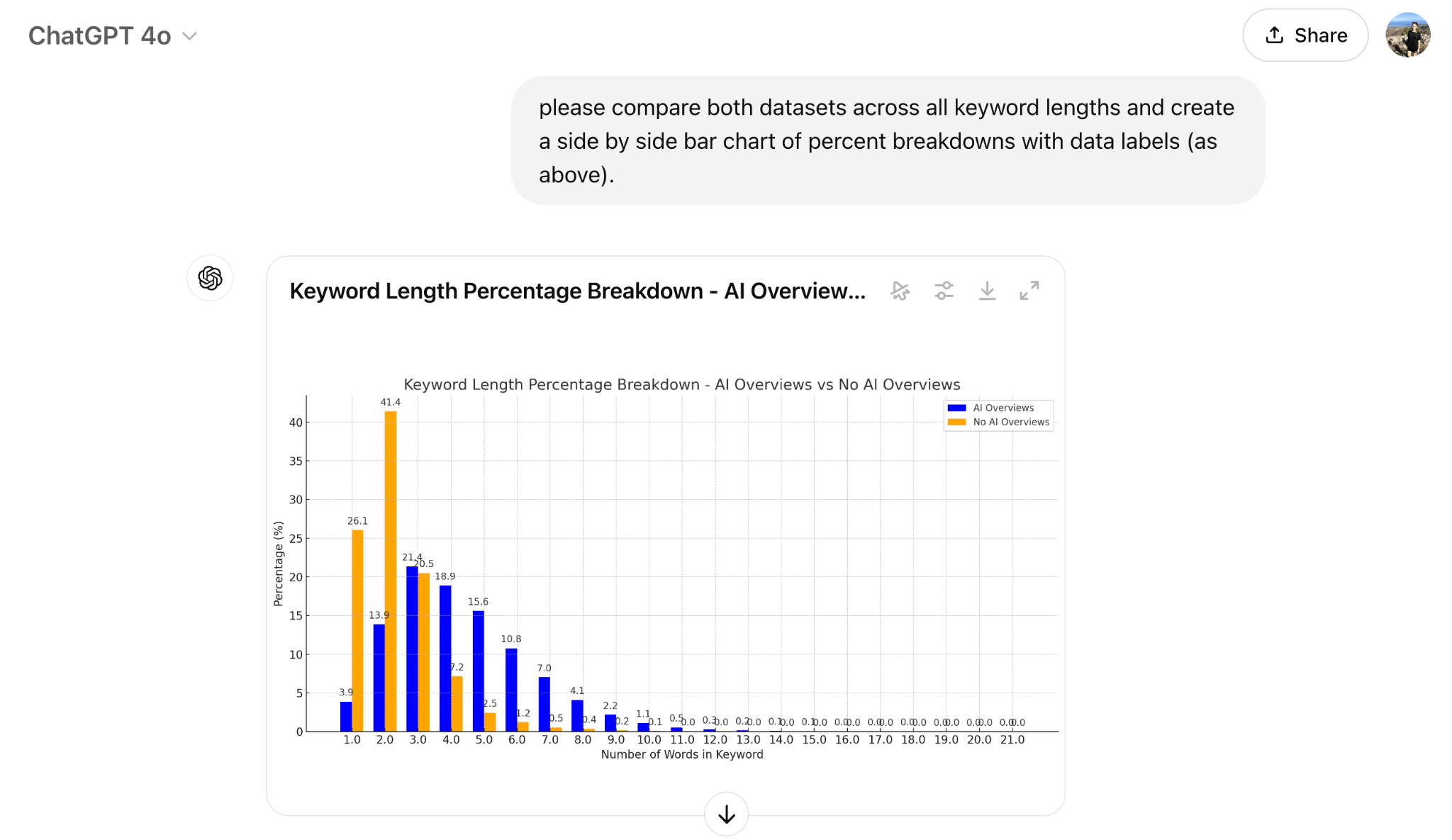
Since we first kicked off a 4-day work week in May 2020, people have had a lot of questions about it. What day are we taking off? How long will we continue this practice? Is everyone really working four-days a week or are some people working more?
Some of the answers to these questions have changed over the last few months, and I’m sure some will continue to change and evolve as we learn more about operating within a four-day work week. A little while ago, I decided to answer questions about our four-day work week policy on Twitter, and I got a fantastic response. I’ve included a high-level recap in this post, but feel free to check out the whole thread if you’d like to see every reply.
Without further ado, here are some of the questions I got about the four-day work week organized into a few top categories, along with my replies and those of Caryn Hubbard, our VP of Finance, and Åsa Nystrom, our VP of Customer Advocacy, who contributed to several answers.
Why a 4-day work week?
Pranay asked: Why did it take a pandemic to implement it and why is a 4 day work week matter – cant it just be about the work itself instead of timing it?
We’ve thought about it for years, and I have a fundamental belief that 5-day workweeks aren’t necessarily optimal. The pandemic meant added stress for all of us, especially for the parents in the team. I wanted to get through it with the team, mentally, in the best position.
I believe that many businesses that are squeezing every last drop they can get out of their companies in terms of profit, productivity, etc. suddenly ran into issues in the pandemic. Growth goals to hit and no profit margin, meant layoffs for many companies.
And when you make layoffs, you erode trust significantly with your team. That can take years to build back. I wanted to build trust with my team through the pandemic. This was one of the best ways that I thought to do it.
How does it work?
Niel asked: Does everyone take the same day off? Or is it up to the individual? Or is it based on teams? Or something more nuanced?
In the beginning, we experimented with teams deciding the day, but knowing which day and having adequate time for cross-team collaboration was a challenge. Frankly it felt quite chaotic. Now, we do Fridays other than Customer Advocacy which rotate the day.
Shubham asked: Which 4 days of the week do you work? M – TH or Tu – Fr or something else? Do you find that the team tries to fit in 5 days of work in 4?
For the majority of the team, we do M – TH. In the beginning I tried Wednesdays as my day off, and enjoyed that but I prefer Fridays now. 3-day weekends are very powerful. I think overall, the team tries to work smarter. Perhaps trying to fit 4.5 days into 4.
David asked: woah didn’t know you were doing this – love it what would your reasons be for going back to 5 day?
The reasons would likely be not achieving our goals, which would be sad because I fundamentally don’t believe it’s putting in hours that will get us there.
And, one key thing is that over time, we’ve realized that 4-days should feel like a privilege, not entitled. So, if you get your tasks and goals for the week done, awesome – take that day off. If you didn’t quite do enough for us to reach our goals, spend part of Friday working.
Scott asked: Doing a 4, 10’s type of deal? Or not tracking exact hours, rather output and movement?
Not tracking exact hours, and more focus on tracking output. The goal is to achieve the same if not more, in less overall hours worked (more along the lines of 4 8’s).
Gaya asked: That’s awesome! Hopefully more companies will follow to normalise this. Q: Did the salaries stay the same? I know people who are holding back from working less because of decrease in pay
No change to salaries at Buffer with our 4-day workweeks. It’s less hours for the same pay. I don’t believe in same hours in less days, because for me 4-day workweeks are really about a more fundamental belief that hours worked are not correlated with results.
Stone asked: Love that you did this! Do you build in any deep work/no meetings time as well? Do you think the pandemic was needed for the transition/will you keep@it when offices reopen? How confident are you that people aren’t working longer 4 days or actually taking Friday off?
For many years we’ve had discussions and focus on deep work, and many teams have a day with no meetings. I don’t think the pandemic was needed to do it, but it was a motivator. I’m confident we’ll keep at it after, too. We’re already 100% remote so no actual offices.
I’m confident in most cases people are taking the Friday off. That said, we also don’t actively discourage working a little on Friday, if the team member feels that is needed to achieve our goals. We have big ambitions for what we can do for customers *and* innovating culture.
How do specific teams and teammates manage a 4-day work week?
Dwija asked: Do you have mothers working as full time employees? If working hours of those 4 days increase – how do they manage? I know it depends on them but just curious. Females are taking a hit – BIG TIME in Covid. ( For example: Yours truly)
From Caryn: We have many mothers and fathers at Buffer. Our shift to the flexibility of a 4 day workweek has been one of the most key things keeping my family of 5 healthy & safe this past year. The trust & flexibility to work the schedule that works for me & my family is everything.
From Joel: To add to the great insights Caryn shared, our decision to try a 4DWW was very much with parents in mind. Working hours haven’t increased. We work hard as a team to strive to achieve our goals without regularly working more hours. More here.
Mark asked: Does customer support participate in the 4-day week? If so, how do you stagger hours / meet customer expectations?
Yes, they do, but we still want to serve customers to the same high level. Over time, we’ve tweaked our 4-day workweek to drive us to push ourselves in the 4-days and feel like we’ve really earned that day off, not entitled to it.
Our customer support team is the one team that switches up the day off in order to make sure we maintain coverage for customers.
Stefan asked: Are the customer-facing teams doing 4-day work weeks as well? If so, are they all off on Fridays? If so, are customers’ emails/calls not answered till Monday?
No, we have to take a slightly more unique approach in our customer service team. We’re fully committed to providing world-class service, and we know the world works M-F (and even weekends). The specific day is different per team member, so more of a relay in that team.
Have y’all had any issues with a handoff from one team member to another in this relay system?
From Åsa: Jumping in to help with this q. No issues! We work in four-day blocks and use an assigned inbox flow to keep consistency in our customer communications. Our team covers most of the globe and are in constant communication across the week to keep on top of issues etc.
Jean asked: Do you have a strong customer support team in terms of number of people? Are you also applying this formula to tech team?
Our customer support team is 21 people out of 85. All teams adopt the 4-day workweek, but we also have goals we strive for and we see the 5th day as something earned not entitled.
Mercer followed up with: Does that mean that your support team doesn’t always get the same time off? How do you strive to protect the time of your customer-facing teams (who so frequently don’t get the same blessings as the other teams around them)?
It’s not necessarily that different for our support team, but it’s often more measurable for a support team. So we aim to be mindful of that. But we also have engineering teams that will work the 5th day if they don’t feel on track. Most teams work 4-days now.
From Åsa: Everyone on the CS team works a 4-day block & has the same days off every week to make sure we have the same ability to disengage and recharge! Being customer-facing doesn’t mean we can’t participate in company initiatives like these, it just means we need to plan a bit more.
Sllyllyd asked: Do the more senior team members stick to four days?
In general, yes. Often the more senior team members are the ones who feel the most accountability and energy for goals, and so we sometimes work the extra day to get make sure we’re on track. It’s not the norm, though, and when we do it’s usually just a couple of hours.
From Caryn: There’s a high level of flexibility and trust that we’ll meet our shared and individual goals w/in the schedule that works best for us. As a mom of 3, my needs look different than fellow colleagues but I thrive with that mutual respect & trust. Sometimes I choose to work 5 days.
How is it going?
Daniel asked: What’s better than you expected? What’s worse than you expected?
Better: The extra day builds in reflection time that we often don’t make room for, where many of us solve problems. So in many ways, we do more meaningful work.
Harder: Purpose becomes even more important. We need to feel driven to do great work in the precious 4 days we have.
Purpose on an org level or individual level?
Both. Especially with the past year we’ve had. The real magic is when org purpose feels intertwined with a personal sense of purpose, something worthy to go after that can really make a difference. If org purpose feels like it serves society, individual purpose usually follows.
Jesse asked: Are people get as much done? Do you have hourly staff?
We have no hourly staff, which is important. This isn’t less hours for less pay, it’s less hours for the same pay. In terms of productivity, that’s hard to measure in this wild past year we’ve had. But, things look promising. Philosophically, I believe we can get as much done.
Awesome. Are people happier and more excited to come to work? Boost in moral? Did you see it level off?
Yes, to all of that! You nailed it. We’ve not felt it level off yet, there’s still a ton of gratitude for the 4-day workweeks 9+ months in.
André-Paul asked: What are the biggest changes you’ve noticed within your team? Any new routines/behaviours/processes?
Well, there’s definitely a new level of gratitude. We’re here, trying out this wild new thing, and gaining this extra day for family or ourselves. It’s awesome. And with that, a sense of alongside gaining flexibility, giving flexibility too.
What I mean by gaining flexibility and giving flexibility is, especially as a global team, we need to be open to meetings once in a while earlier in a morning or late at night, to make everything happen. Especially with a 4-day workweek.
So, a renewed sense of, we’re lucky to have this extra freedom but let’s be smart about how we work in order to make 4-day workweeks really work for us as a company and for customers, so we can keep having them.
Ali asked: Has the rate of burnout gone down?
It’s hard to measure, but I believe absolutely, it has. Or rather, 2020 was a year that drove much more burnout than most years and we minimized the amount in part through implementing the 4-day workweek.
Michelle asked: I can always find more to do. Are people self-disciplined enough to really take Friday off and are people good enough at knowing how much they can really get done in a week or do they set goals that are too lofty and usually end up working Fridays?
Great question. I think it’s somewhere in the middle. I genuinely think most people now take Fridays off. But, we still have big ambitions as a company and so once in a while we need to work a Friday. The real magic is when the Friday off helps you actually get more done.
Luthfur asked: How are you measuring productivity? Put another way, how do you intend to make the decision on whether this is going well or not.
Ultimately, we will make our decision based on whether we achieve our goals as a company. I fundamentally believe though, that the 5-day workweek is a relic of the industrial era and not necessarily the most effective way to work. So I believe we can achieve our goals in 4DWWs.
One of the benefits we have, is that investors do not control our company. We can take longer term stances and decisions, that we believe will lead to great results in time.
—
If you or your team are trying a 4-day work week send me a tweet to share how it’s going for you, I’d love to hear about it!
Content Copyrights Belong to The Author. All Rights Reserved.
We're A Dallas Digital Marketing Agency That is Experts At Social Media Marketing, Website Design and Emarketing and Promotion.



